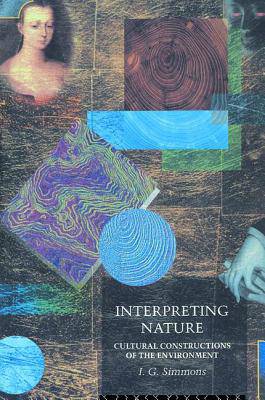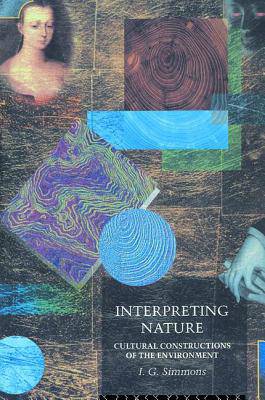
- Afhalen na 1 uur in een winkel met voorraad
- Gratis thuislevering in België vanaf € 30
- Ruim aanbod met 7 miljoen producten
- Afhalen na 1 uur in een winkel met voorraad
- Gratis thuislevering in België vanaf € 30
- Ruim aanbod met 7 miljoen producten
Zoeken
€ 256,95
+ 513 punten
Uitvoering
Omschrijving
Human society has constructed many varied notions of the environment. Scientific information about the environment is often seen as the only worthwhile knowledge. This ignores the complexities created by interaction between people and the environment. Idealist thinking argues that everything we know is based on a construct of our minds and that all is possible. Can both be correct and true? Interpreting Nature explores the position of humanity in the environment from the principle that the models we construct are imperfect and can only be provisional. Having examined the way in which the natural sciences have interrogated nature, the types of data produced and what they mean to us, this looks at the environment within philosophy and ethics, the social sciences and the arts, and analyses their role in the formation of environmental cognition.
Specificaties
Betrokkenen
- Auteur(s):
- Uitgeverij:
Inhoud
- Aantal bladzijden:
- 230
- Taal:
- Engels
Eigenschappen
- Productcode (EAN):
- 9781138424500
- Verschijningsdatum:
- 28/06/2017
- Uitvoering:
- Hardcover
- Formaat:
- Genaaid
- Afmetingen:
- 152 mm x 229 mm
- Gewicht:
- 452 g

Alleen bij Standaard Boekhandel
+ 513 punten op je klantenkaart van Standaard Boekhandel
Beoordelingen
We publiceren alleen reviews die voldoen aan de voorwaarden voor reviews. Bekijk onze voorwaarden voor reviews.











